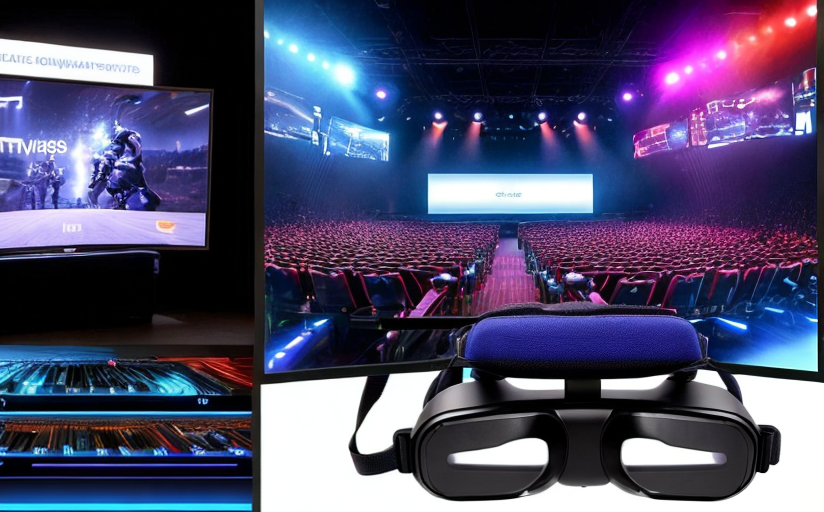The Evolution of Virtual Reality in Entertainment
Virtual reality (VR) technology has rapidly evolved in recent years and has had a massive impact on the entertainment industry. From film to gaming and live performances, VR has fundamentally revolutionized the way consumers engage with entertainment.
History of Virtual Reality in Entertainment
The implementation of VR in entertainment occurred in stages and marked several milestones in the industry. In the 1990s, the term virtual reality was coined, and the first VR devices, such as the Virtual Boy and the Sensorama, made their debut. However, these early devices, due to their poor graphics and high costs, were not commercially successful.
The real breakthrough came in 2010, when Oculus VR began developing the Oculus Rift, a high-quality VR headset that was more affordable than previously existing technology. The Oculus Rift's successful launch ushered in a new era of virtual reality in entertainment, leading to the development of other popular devices like the HTC Vive and the PlayStation VR.
Virtual Reality’s Impact on the Entertainment Experience
Virtual reality has dramatically enhanced the way consumers experience entertainment. In film, it allows users to immerse themselves in the movie's scenery and action, creating a feeling of truly being part of the story. Similarly, in gaming, VR provides a more realistic and interactive experience. Live performances have also been revolutionized, with VR enabling viewers to feel as if they are at concerts or theatre performances from the comfort of their own homes.
The Future of Virtual Reality in Entertainment
As VR technology continues to evolve, so will its influence on the entertainment industry. Increased realism, more interactive experiences, and the potential for shared virtual experiences are just a few areas of expected growth. Moreover, the development of new VR devices could further enhance consumer engagement, leading to significant industry trends in the coming years.
However, there are potential challenges that the industry will need to address, such as physical discomfort associated with prolonged use of VR devices and privacy issues surrounding the use of VR technology. The industry may mitigate these challenges by developing comfortable hardware, implementing strict data privacy policies, and ensuring user-friendly interfaces.
Conclusion
In conclusion, virtual reality is a transformative technology that has brought significant changes to the entertainment industry and will continue to shape its future. As the technology evolves, so will our engagement with entertainment, promising a future full of immersive, innovative, and exciting experiences.


















Comments
Leave a Comment